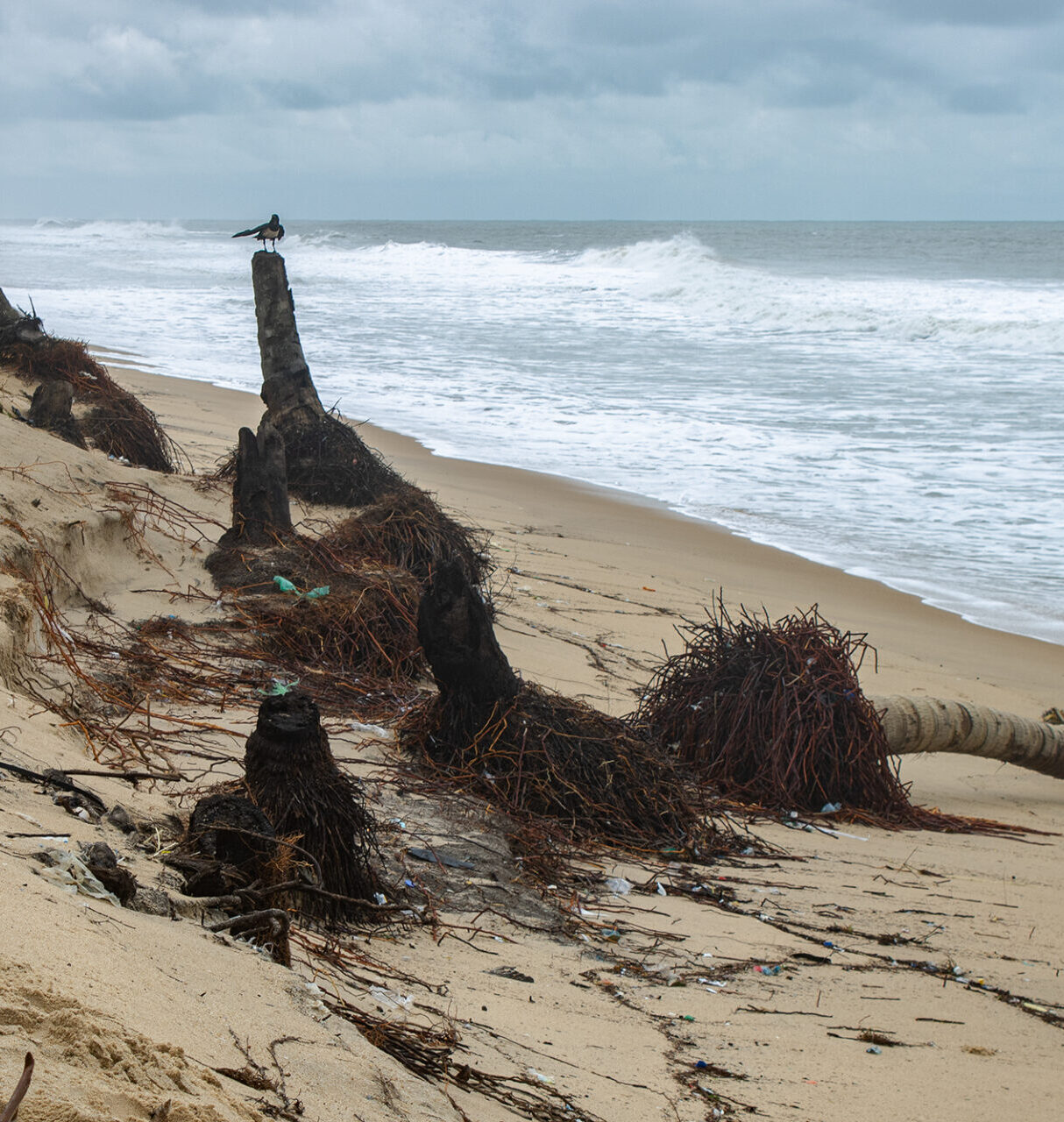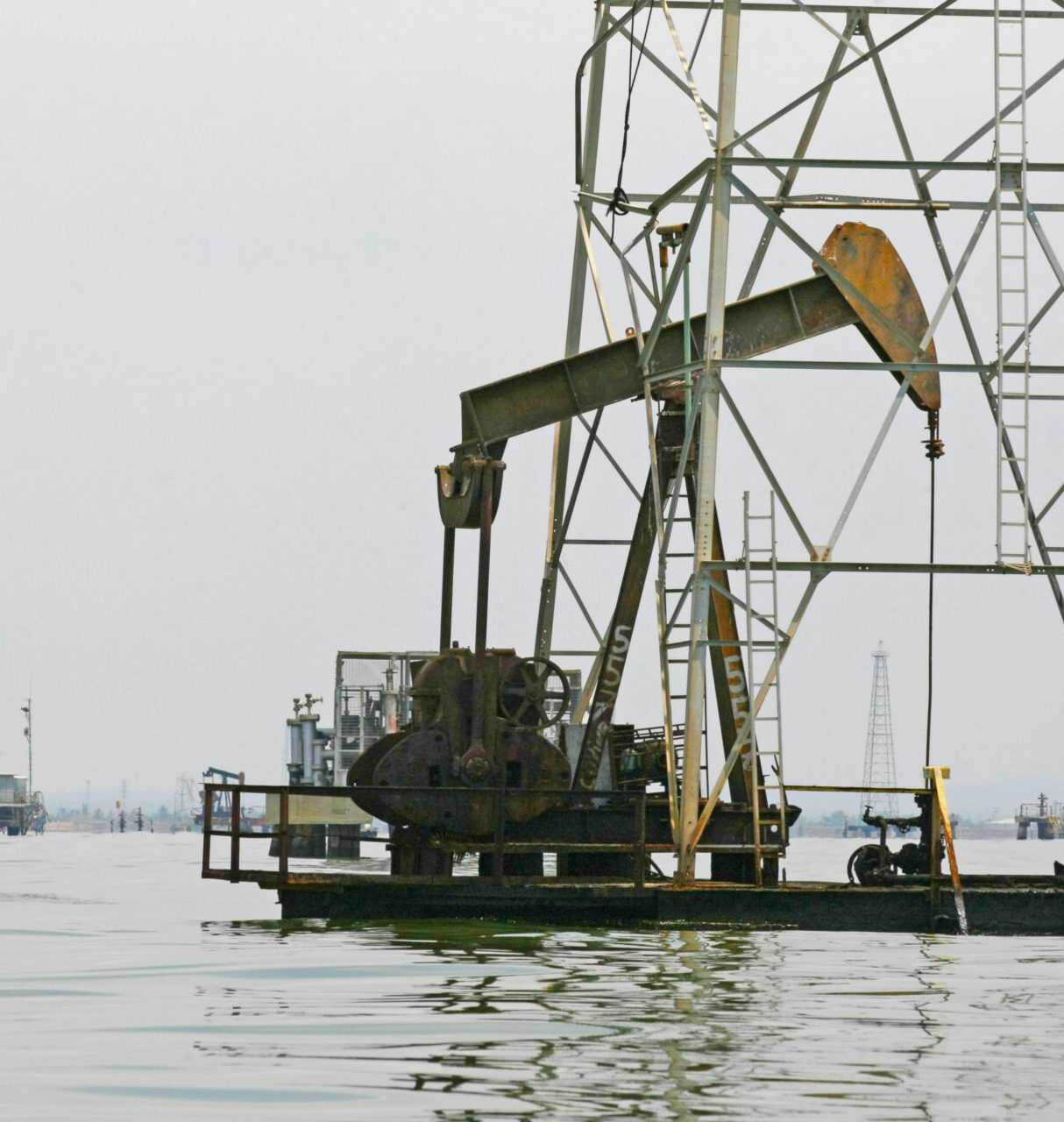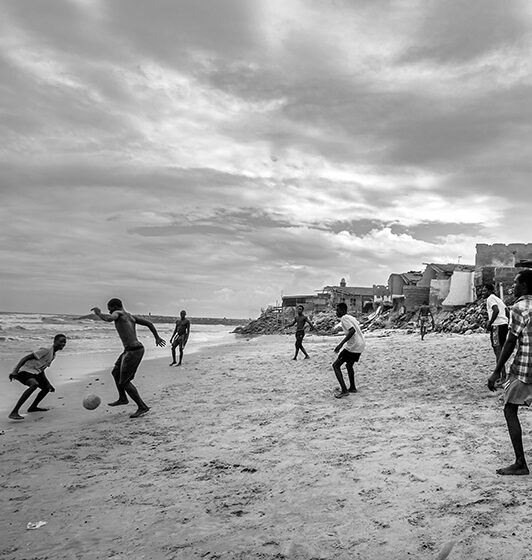FYSEMR 65L
Wood(s): An Ecology of Asian Art
What good is art history in the face of environmental destruction and climate change? How can the close investigation of works of art, produced in times and places far removed from our own, address the vast “failure of collective imagination” that novelist Amitav Ghosh has identified as the core obstacle to our ability to respond ethically and effectively to our non-human co-habitants on earth? This intra-disciplinary seminar intentionally entangles scientific and art historical approaches to real objects in both the art collections of the Harvard Art Museums and the living collections of the Arnold Arboretum. We will focus on how one special class of especially long-lived earthly beings— namely trees—provide living links to distant pasts and futures that no single human can experience, what their persistence can reveal about relationships between other humans and other environments, and what individual case studies can show us about our role as members of a vast embodied network of living beings. During the semester students will have the opportunity to meet with a number of faculty and professionals, including museum curators, conservators, and exhibition designers, as well as the Director of the Arnold Arboretum, its Keeper of Living Collections, and the editor of Arnoldia, the Arboretum’s journal.









